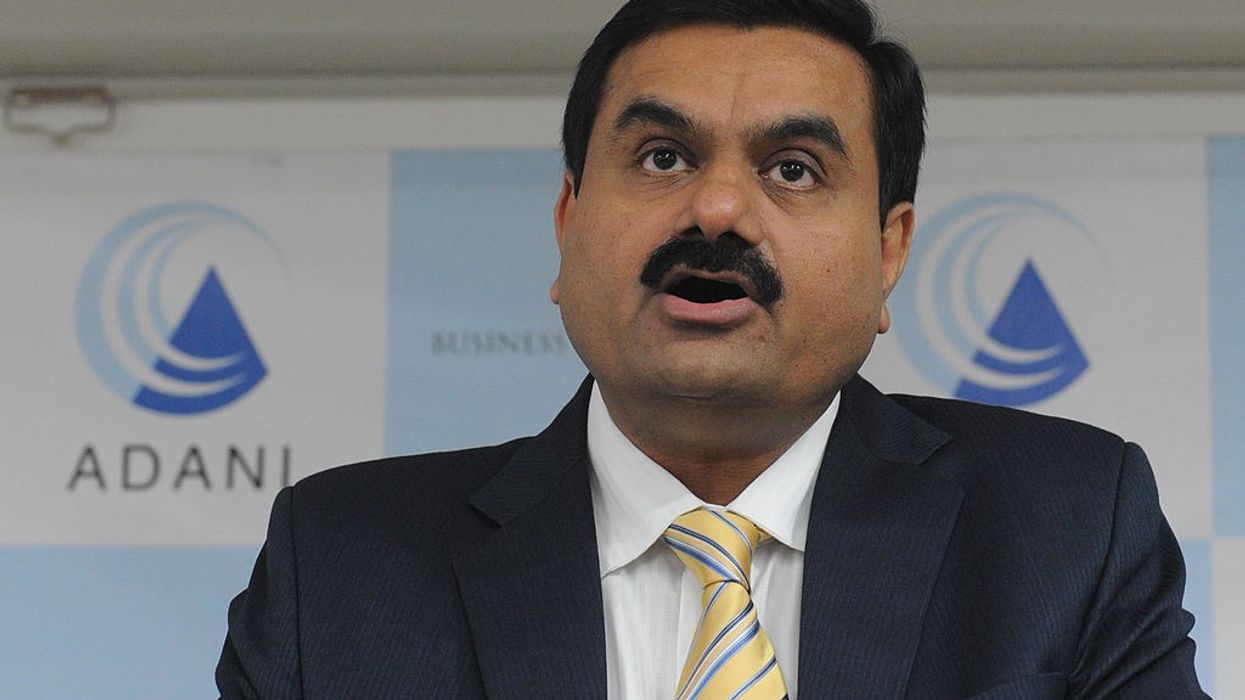India's securities regulator said Saturday that markets were stable and protected from further volatility, following a phenomenal share rout that hit the business empire of tycoon Gautam Adani.
The combined market cap of Adani Group's listed companies has collapsed by around $120 billion -- about half of the conglomerate's value -- since US short-seller Hindenburg Research released an explosive report in late January.
It accused Adani of accounting fraud and artificially boosting its share prices, calling it a "brazen stock manipulation and accounting fraud scheme" and "the largest con in corporate history".
The Securities and Exchange Board of India (SEBI) said in a statement that India's financial market had "demonstrated ongoing stability and is continuing to function in a transparent, fair and efficient manner".
It added that it had "put in place a set of well defined, publicly available surveillance measures" for addressing excessive volatility in specific stocks, without naming the Adani conglomerate.
Adani dismissed the allegations in the Hindenburg report as a "maliciously mischievous" reputational attack and issued a 413-page statement asserting its claims were "nothing but a lie".
Hindenburg said in response Adani had failed to answer most of the questions raised in its report.
The group's founder has seen his fortune plummet sharply, dumping him from third to 17th on the real-time Forbes rich list.
His operations have expanded at breakneck speed, with Adani Enterprises shares soaring more than 1,000 percent over the past five years.
Finance Minister Nirmala Sitharaman on Friday insisted Indian markets were well regulated and that the controversy would not affect investor confidence.
Earlier this week Adani cancelled a $2.5 billion stock sale meant to help reduce debt levels -- long a concern -- restore confidence and broaden its shareholder base.
Big banks including Credit Suisse and Citigroup have stopped accepting Adani bonds as collateral for loans to private clients, according to Bloomberg News, fuelling worries about how the conglomerate will raise fresh funds.
(AFP)




